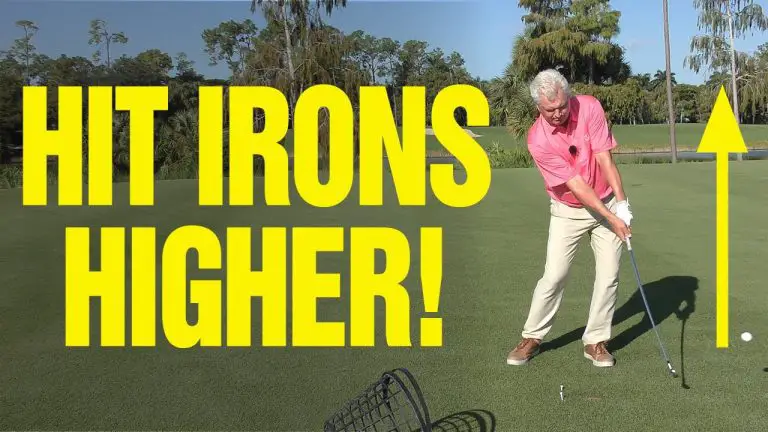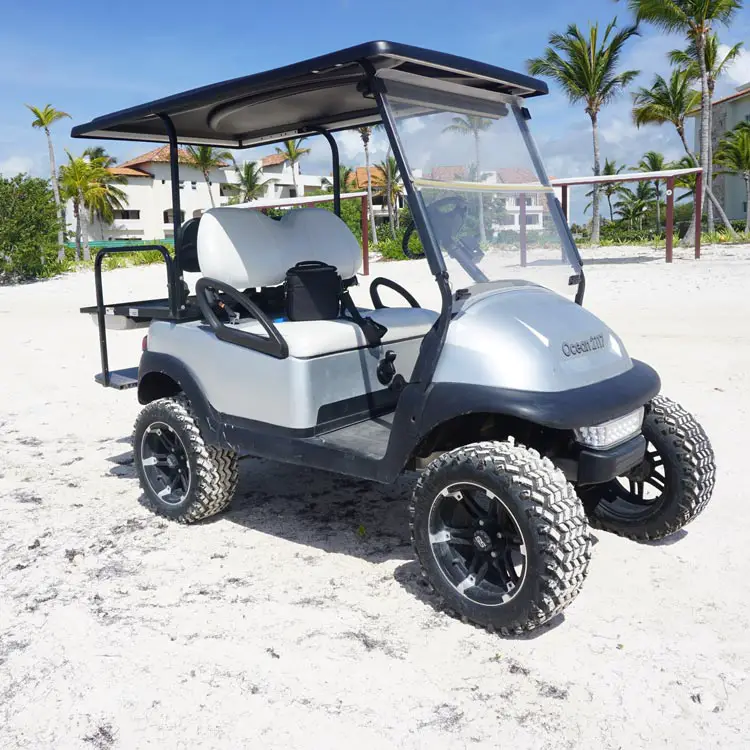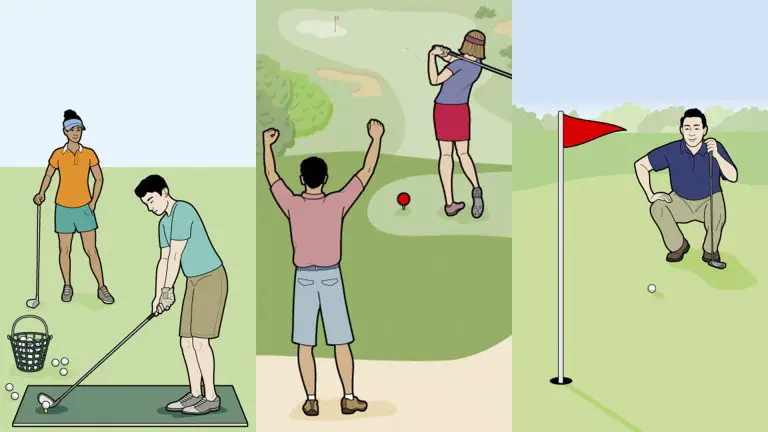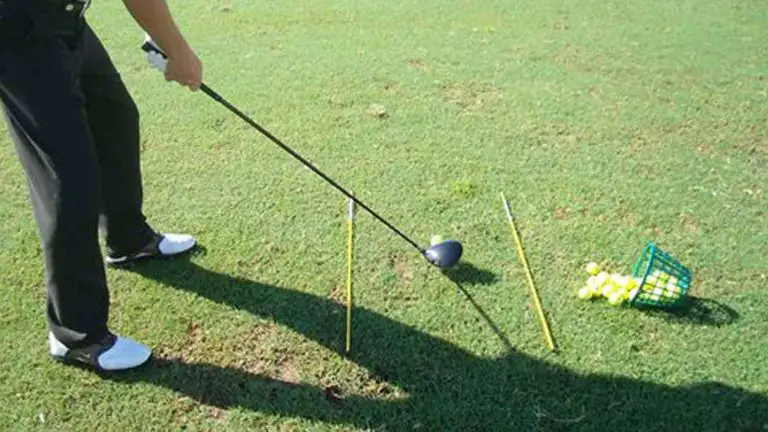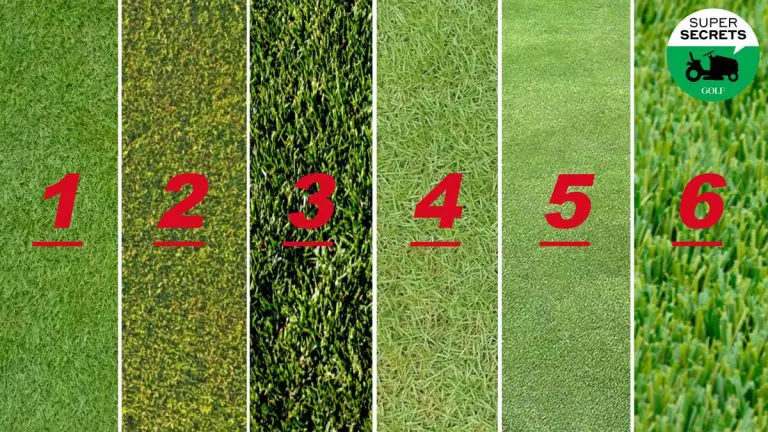Electric Golf Cart Running Slow
Electric golf carts are a popular mode of transportation on golf courses and in other settings, thanks to their convenience and eco-friendliness. However, one issue that can arise with electric golf carts is slow operation. A golf cart that runs slower than it should can be frustrating and can impact your overall experience, whether you’re on the course or using the golf cart for transportation in other settings.
The causes of electric golf carts running slow can vary, and understanding these causes is essential to finding a solution. Common causes include battery issues, motor and controller issues, tire issues, and other factors that can impact the cart’s speed and performance.
In this article, we will explore the potential causes of electric golf carts running slow and provide solutions to address the issue. We will examine common battery issues that can impact the golf cart’s performance and explore methods for testing battery health. We will also look at motor and controller issues that can impact the golf cart’s speed and performance, and examine methods for testing motor and controller health.
Additionally, we will address tire issues that can impact the golf cart’s speed and performance, and explain how to troubleshoot other factors that can cause slow operation, such as brake drag and exceeding the weight limit of the cart. Finally, we will provide tips for regular maintenance to prevent slow electric golf carts and ensure that your golf cart is running at peak performance.
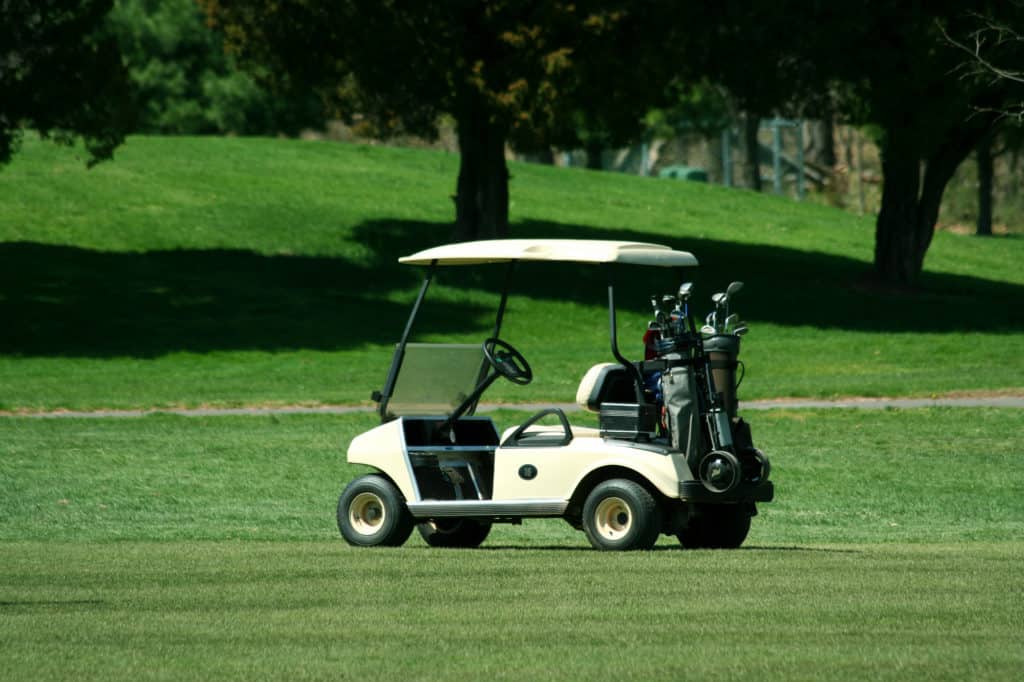
Golf Cart Battery Issues
The most common cause of slow electric golf carts is battery issues. The batteries that power electric golf carts have a limited lifespan, and over time, they can lose their ability to hold a charge. This can result in slow operation, as the golf cart may not be receiving the power it needs to operate at full capacity.
To address battery issues, it’s essential to regularly test the batteries’ health and replace them as needed. Testing methods include measuring the battery’s voltage and capacity, as well as checking for any signs of physical damage or corrosion.
Motor and Controller Issues
Another common cause of slow electric golf carts is motor and controller issues. The motor and controller work together to power the golf cart, and if either of them is not functioning correctly, the golf cart may run slowly.
Testing methods for motor and controller issues include checking for any physical damage or signs of wear and tear, as well as measuring the voltage and amperage output. If motor or controller issues are detected, it may be necessary to replace these components to restore the golf cart’s full power.
Tire Issues
Tire issues can also impact the speed and performance of electric golf carts. Worn or underinflated tires can cause the golf cart to run slower than it should, as they create more friction with the ground.
To address tire issues, it’s important to regularly check the tires’ condition and inflation levels. If the tires are worn or underinflated, they should be replaced or inflated to the appropriate level.
Other Factors Affecting Golf Cart Speed
In addition to battery, motor, controller, and tire issues, other factors can impact the speed of electric golf carts. Brake drag, for example, can cause the golf cart to run slower than it should, as can exceeding the weight limit of the cart.
To troubleshoot slow operation, it’s important to consider all potential factors that may be impacting the golf cart’s speed. This may involve checking the brakes, inspecting the cart’s weight limit, and testing other components that could be affecting performance.
Troubleshooting
Troubleshooting slow electric golf carts can be a complex process, but it’s important to address the issue promptly to prevent further damage or frustration. Common steps in the troubleshooting process include checking the battery, motor, and controller, as well as inspecting the tires and other potential factors.
If the issue cannot be resolved through troubleshooting, it may be necessary to seek professional assistance to diagnose and address the problem.
Maintenance
To prevent slow electric golf carts, it’s important to prioritize regular maintenance. This includes testing the batteries and other components, checking tire condition and inflation levels, and addressing any potential issues promptly.
Recommended maintenance schedules will vary depending on the specific make and model of the golf cart, so it’s essential to consult the manufacturer’s recommendations or seek professional guidance.
Conclusion
Slow electric golf carts can be frustrating, but understanding the potential causes and solutions can help address the issue promptly. By prioritizing regular maintenance and promptly addressing any potential issues, golf cart owners can ensure their electric golf carts are running at peak performance and providing a smooth, enjoyable ride.

